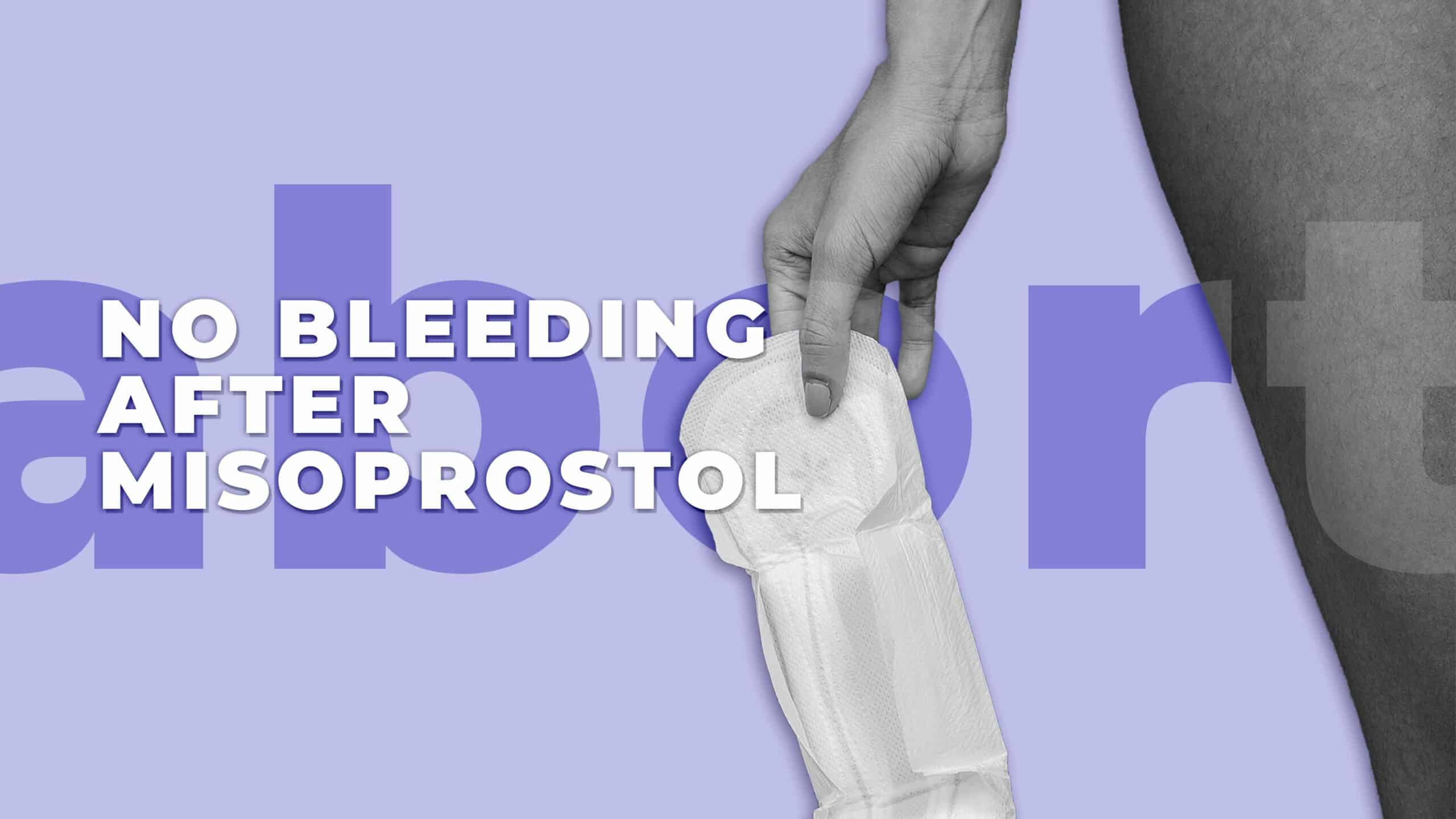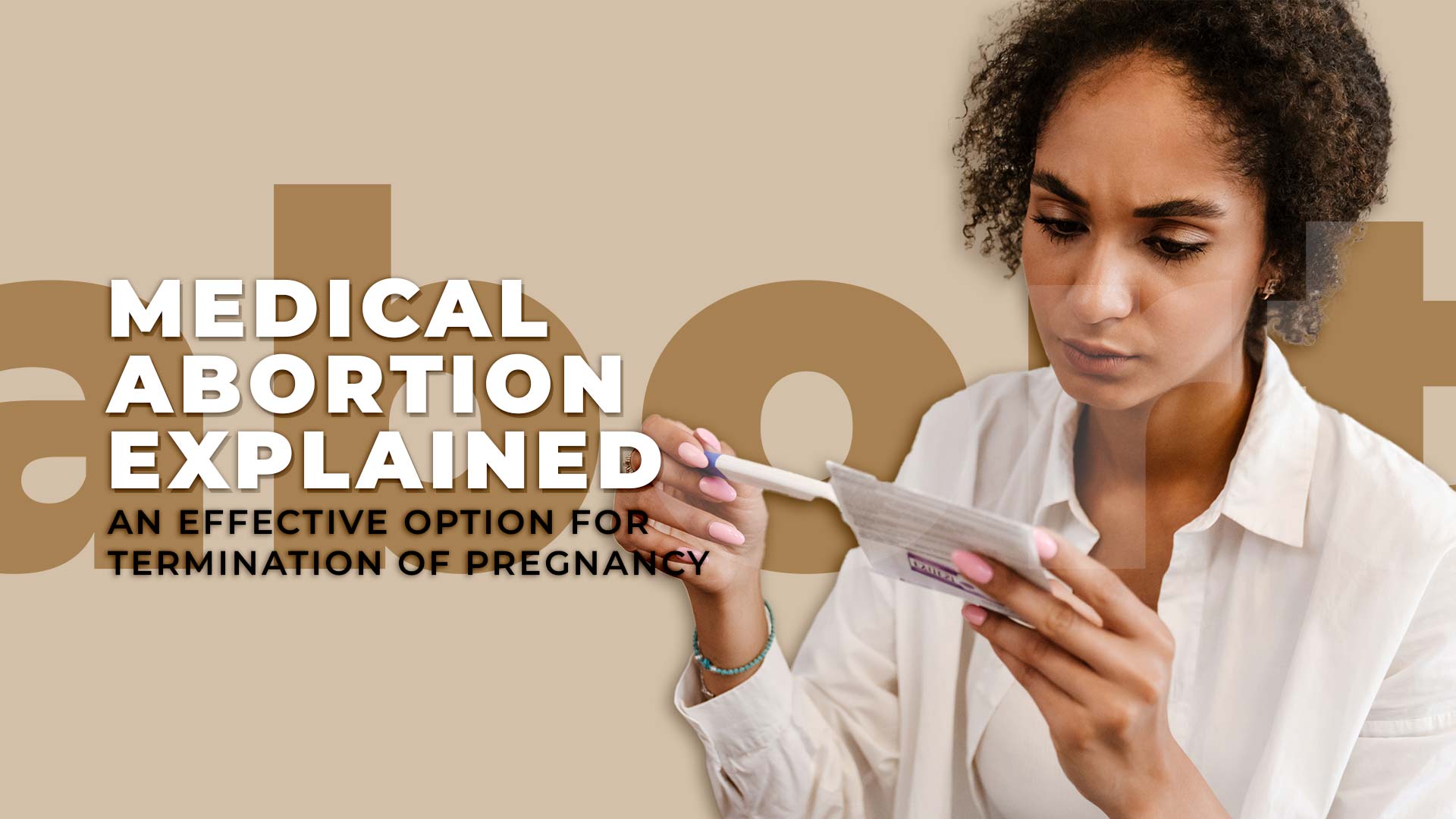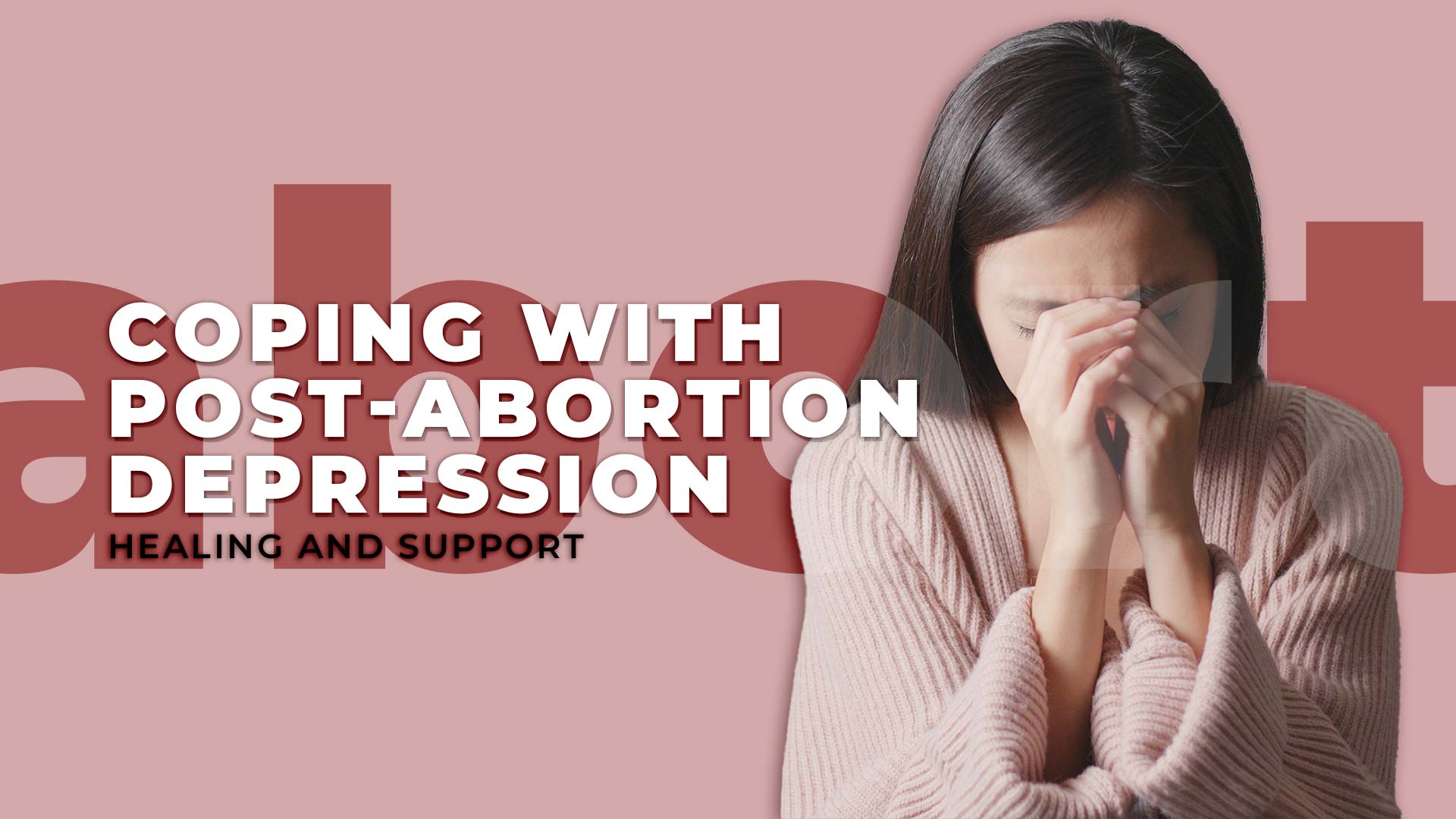Abortion is the medical procedure that ends a pregnancy before the fetus (unborn child) can survive outside the womb. The procedure has been practiced for centuries and has been legal in many countries for decades, but it remains a controversial and divisive issue in many parts of the world. Abortion can be carried out in two ways: Medical and Surgical.
If you do not experience bleeding after taking misoprostol, another dose of misoprostol is recommended if 4 hours have passed. However, if you remain non-responsive to the medication after 24 hours and you are certain that you are pregnant, you may have a continuing or ectopic pregnancy. In this case, it is important to get an ultrasound to assess the situation.
If you experience fever, extreme abdominal pain, or faintness, you should seek medical assistance immediately as these symptoms could indicate a ruptured ectopic pregnancy. It’s important to understand that treating an ectopic pregnancy is not considered abortion, and it can be life-threatening if left untreated. If the ultrasound reveals a continuing pregnancy, you can repeat the medical abortion process.
What is medication abortion?
Medication abortion is the use of pills to end a pregnancy. A person typically takes mifepristone and then Misoprostol. These medications prevent the pregnancy from developing further and cause the uterus empty, ending the pregnancy.
You can access abortion pills by visiting a provider’s office or provider-staffed telehealth platform (known as a “clinician-supported” abortion) or by ordering them online and taking them at home (called a “self-managed” abortion), depending on where you live.
What are the best abortion pills to end a woman’s pregnancy?
Two medications are required for most medication abortions: Misoprostol and mifepristone. You can still have a medication abortion with Misoprostol. Mifepristone prevents pregnancy from growing, and Misoprostol makes the uterus empty and sheds its lining.
Mifepristone
Mifepristone binds with the body’s progesterone receptors, but it isn’t interpreted as progesterone. It acts as an antiprogestin and blocks the body’s ability to make or use progesterone.
Stopping progesterone activity can end a pregnancy because it helps the uterus to grow and sustain the pregnancy. Mifepristone may also be used to soften the uterus, encouraging it to contract.
Misoprostol
Misoprostol also softens your cervix. Combining the uterus softening and the cervix shrinking, the antiprogestin activities and the uterine contractions cause your body to expend the embryonic tissue, ending your pregnancy.
An abortion can feel like a heavy period, with cramping and bleeding. Large blood clots may also occur. The process usually ends within 4-5 hours after taking the second medication. However, mild cramping and bleeding may persist for up to 1-2 days or even a few weeks.
Does Misoprostol work without Mifepristone? Misoprostol is an alternative to mifepristone for those who don’t have it. However, it can be used to induce abortion.
How effective is an abortion pill?

Medication abortion can be a very effective way to end your pregnancy. The effectiveness of medication abortion decreases the longer someone is pregnant. After 12 weeks, effectiveness seems to decrease.
Rarely, if medication abortion doesn’t work completely, some pregnancy tissue may remain in the body. This is called an “incomplete abortion.”
A woman who has had an incomplete abortion may require another dose of Misoprostol or surgical intervention in order to complete the procedure.
Combination of Misoprostol and mifepristone
Research has shown that medication abortion using both misoprostol and mifepristone at 12 weeks of gestation ends pregnancy 95-99% of the time.
More recent studies have reached the same conclusion. Self-managing an abortion with both pills is as effective as a physician-supported abortion if you have been pregnant for less than nine weeks. Very few people report negative effects.
Misoprostol-only
Only Misoprostol is effective. People who are unable to get mifepristone may use Misoprostol as a standalone treatment to end their pregnancies.
A large review examined 42 studies totaling over 12,800 people who took only Misoprostol and found that approximately 78% of them had completed abortions.
A smaller study showed that those who only took Misoprostol were more likely to have an abortion completed than those who took mifepristone and Misoprostol.
Is it safe to have an abortion?

Medication abortion is very safe. It is estimated that less than 2% of medication abortions cause complications. Most of these complications are minor.
A large study involving more than 13,000 women who experienced medication abortions in a 5-year period showed that 66% of them needed hospitalization for abortion-related reasons.
According to many studies, self-managed abortions using pills accessed via Telemedicine don’t have greater risks of complications than pills accessed in-office. Additionally, the majority of them feel satisfied with their experience.
Potential risks and complications
Rare are serious complications of medication abortion. For the first 24 hours after your abortion, it is common to feel pain, bleeding, and stomach upset. The most frequent complication involves excessive bleeding that persists for a long period of time.
Even though they are rare, there may be other risks.
- Uncompleted abortion
- Blood clots in your uterus
- Infection
- Fièvre
- Diarrhea and Digestive Pain
- Allergic reactions to medications
You can treat incomplete abortions with misoprostol. Others may need to be operated on. If you are unable to speak with a doctor or need emergency care, please contact us immediately.
- Within 24 hours of taking misoprostol, you will not experience any bleeding.
- Extremely heavy bleeding: soaking through 2 maxi pads per hour or more for more than two hours consecutively
- For more than two hours, blood clots can form that is twice the size or greater than a lemon.
- Other side effects, such as fever, nausea, vomiting, or diarrhea, may occur for longer than one day after Misoprostol is taken.
Are there any mental health concerns about abortion?

There is no association between abortion and poorer mental health. People who have had an abortion are less likely who have mental health issues than those who haven’t. Research has shown that most people don’t regret having an abortion. Many people feel relief, joy, or a greater sense of autonomy after having an abortion.
A recent study that included 667 women who had had an abortion found that although more than half of them had difficulty deciding if it was right for them or not, 97% said they had made the right decision one week later. Five years later, the study participants were more likely to agree with their doctor that they should have an abortion.
Participants indicated that the hardest part of having an abortion was getting stigmatized or judged by others. This is not a sign of sadness or regret. Studies have shown that abortion can be linked to mental disorders. According to the American Psychological Association, many of these studies are flawed.
They often don’t take into account participants’ mental health before they have abortions. Even though participants were aware of their conditions, the studies attribute the condition’s development to abortions. According to the APA, accessing legal abortion is a positive thing for mental health and well-being.
It’s not unusual to experience a variety of emotions following an abortion.
17% reported feeling predominantly negative emotions one week after the abortions. 12% reported mixed feelings. However, the negative feelings experienced after an abortion decreased by a significant amount within the first three years.
Takeaway
You can continue taking Misoprostol if you don’t start bleeding within four hours. If you don’t bleed within 24hrs and are still positive that you are pregnant, you may have a continuing or unplanned pregnancy. An ultrasound is recommended in this case.
You should immediately seek medical attention if you have symptoms such as fever, nausea, vomiting, and extreme abdominal pain..
References
- Rath S, Mishra S, Tripathy R, Dash S, Panda B. Analysis of Complications and Management After Self-Administration of Medical Termination of Pregnancy Pills. Cureus. 2021 Nov 18;13(11):e19730. doi: 10.7759/cureus.19730. PMID: 34934592; PMCID: PMC8684582. https://www.ncbi.nlm.nih.gov/pmc/articles/PMC8684582/
- Gambir K, Kim C, Necastro KA, Ganatra B, Ngo TD. Self-administered versus provider-administered medical abortion. Cochrane Database Syst Rev. 2020 Mar 9;3(3):CD013181. doi: 10.1002/14651858.CD013181.pub2. PMID: 32150279; PMCID: PMC7062143. https://pubmed.ncbi.nlm.nih.gov/32150279/
- Rocca CH, Puri M, Shrestha P, Blum M, Maharjan D, Grossman D, Regmi K, Darney PD, Harper CC. Effectiveness and safety of early medication abortion provided in pharmacies by auxiliary nurse-midwives: A non-inferiority study in Nepal. PLoS One. 2018 Jan 19;13(1):e0191174. doi: 10.1371/journal.pone.0191174. PMID: 29351313; PMCID: PMC5774715. https://www.ncbi.nlm.nih.gov/pmc/articles/PMC5774715/#pone.0191174.ref013
- Gatter M, Cleland K, Nucatola DL. Efficacy and safety of medical abortion using mifepristone and buccal misoprostol through 63 days. Contraception. 2015 Apr;91(4):269-73. doi: 10.1016/j.contraception.2015.01.005. Epub 2015 Jan 13. PMID: 25592080; PMCID: PMC4373977. https://pubmed.ncbi.nlm.nih.gov/25592080/





